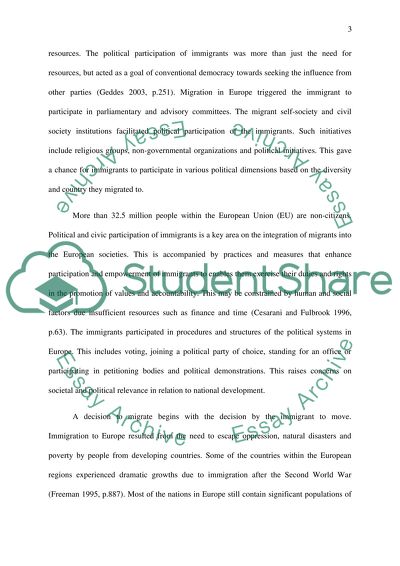Cite this document
(“What impact does migration have on European politics Essay”, n.d.)
What impact does migration have on European politics Essay. Retrieved from https://studentshare.org/history/1490932-write-an-essay-on-what-impact-does-migration-have
What impact does migration have on European politics Essay. Retrieved from https://studentshare.org/history/1490932-write-an-essay-on-what-impact-does-migration-have
(What Impact Does Migration Have on European Politics Essay)
What Impact Does Migration Have on European Politics Essay. https://studentshare.org/history/1490932-write-an-essay-on-what-impact-does-migration-have.
What Impact Does Migration Have on European Politics Essay. https://studentshare.org/history/1490932-write-an-essay-on-what-impact-does-migration-have.
“What Impact Does Migration Have on European Politics Essay”, n.d. https://studentshare.org/history/1490932-write-an-essay-on-what-impact-does-migration-have.


